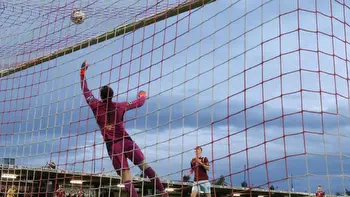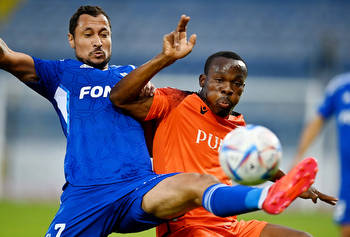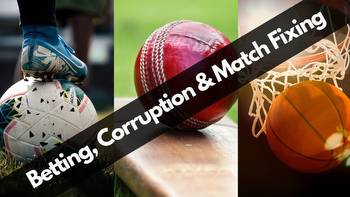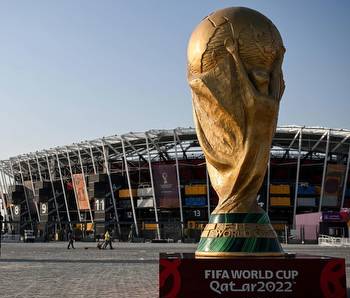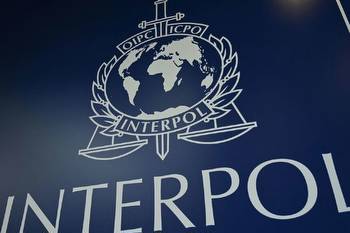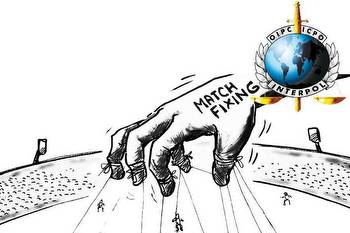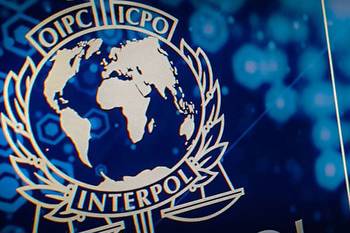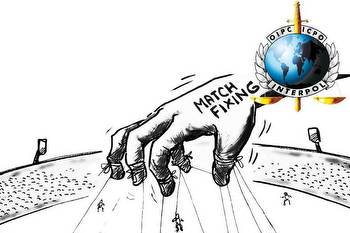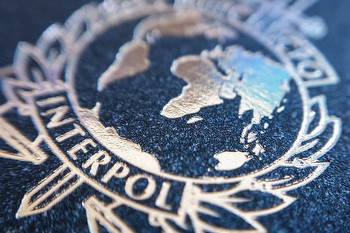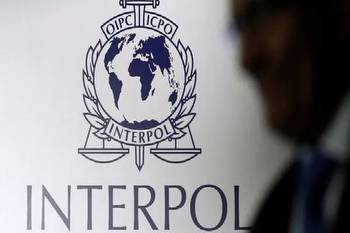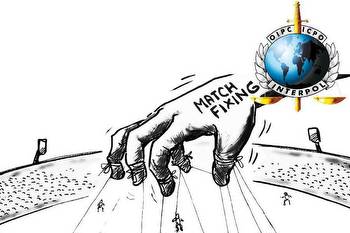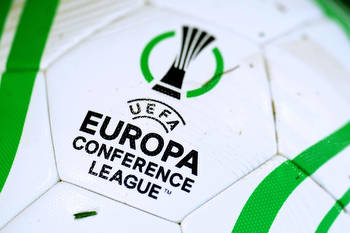Strict rules on gambling in the League of Ireland are rightly welcomed by the players

LAST Sunday, I ducked into a pub in Central London to watch Arsenal against Manchester United.
I got chatting with a Dutch guy who had been over for West Ham’s game the previous day as some of their fans had a hooligan connection with his club FC Groningen’s.
Trying to move the conversation along, I brought up how Groningen had been involved in an unusual match in Ireland when they had played Galway United in the community GAA ground in An Cheathrú Rua in the Uefa Cup back in 1986.
He was familiar with the Tribesmen, not because of that but, as he admitted: “I bet a lot.”
That foreigners gamble on the League of Ireland is not news but the extent of it will come as a surprise to most.
A fortnight ago, the FAI invited club representatives to Abbotstown to underline just how high the gambling interest will be when the men’s and women’s leagues kick off in 2½ weeks’ time.
For your average men’s Premier Division match in 2022, turnover for gambling companies was €9.1million.
For First Division games, it was €3.25m. FAI Cup matches bring in €3.85m.
For WNL matches last year, bets worth €363,062 were placed.
In the figures supplied to the FAI by Uefa, there was no breakdown of how much of that betting took place within Ireland and how much outside of the country.
But there were other sums given which provided some context.
In Ireland, €14m is bet daily while Asia accounts for 65 per cent of global betting.
This means that, presumably, overseas’ interest in our league is significant higher than the odd Dutch guy.
Given the levels involved, it is no wonder the FAI is so keen to get a slice of the pie in the way that the horse and greyhound racing industries do through the betting levy. If those figures are totted up for league matches alone, across 180 games each in the men’s Premier and First Divisions and 110 in the women’s Premier Division it adds up to €2.26billion for a season.
CASH INJECTION
If you estimated that a third of those bets were being placed in Ireland and a one per cent levy was imposed on those, you would be looking at an annual cash injection into the leagues of €7.5m.
That would be transformative and it is why outgoing FAI chairman Roy Barrett rose the issue in a Press conference following the announcement of his intention to resign.
But that is not why clubs were being presented with those figures by the FAI.
It is because when you have a league in which the contractual financial rewards are comparatively low and the stakes are so high, it creates a potentially fertile ground for match-fixing.
In a league in which many players are still amateurs, it is easy to see how they could be viewed as a soft target who could be tempted into trying to make a quick buck.
And, while a player’s conscience might preclude them from throwing a match, it is not difficult to envisage how somebody could be convinced to pass on injury news, concede a throw-in or free-kick at a particular time and be persuaded that no harm had been done.
MATCH MANIPULATION
But, of course, once that taboo has been broken, fixing the result of a game in which there is nothing obvious at stake does not become such a big leap and on it goes.
The seminar was timely given that it was reported earlier this month that a file was sent to the Director of Public Prosecutions relating to alleged match manipulation within the league.
In 2019, the Anti-Corruption Unit in the Garda National Economic Crime Bureau (GNECB) launched an investigation into unusual betting patterns surrounding historical matches involving Limerick FC, which is no longer a League of Ireland club.
Over the past 3½ years, 15 people — in Dublin, Cork and Limerick — have been arrested but subsequently released without charge.
They included current and former players.
Proving such allegations is notoriously difficult.
FAI BAN
In 2017, the FAI handed out 12-month suspensions to Athlone Town pair Igor Labuts and Dragos Sfrijan, relating to alleged match-fixing in their loss to local rivals Longford Town that year.
Their appeals to an independent arbitrator were dismissed, in the case of Sfrijan because he did not attend the hearing.
But Labuts was successful with an appeal to the Court of Arbitration for Sport in 2020.
A third Athlone player, Jason Lyons, received a seven-match ban for betting on matches in which he was involved in 2017 — an offence for which players have been sporadically punished down the years.
This season, the FAI has gone one step further.
The association has banned players from gambling on any football match anywhere in the world.
BETTING BANS
Those rules have been in place in England since 2015, covering players from the Premier League down to the eighth tier in the men’s game, and the top two division of the women’s game.
In 2017, right at the tail end of his playing career, Joey Barton received an 18-month ban, reduced to 13 on appeal, for falling foul of those rules.
And Brentford striker Ivan Toney missed out on a place in England World’s Cup squad after he was charged with 232 offences in November.
Asking a third party to place a bet on their behalf is no less serious, as is the sharing of what might seem like innocuous team or transfer news.
England defender Kieran Tripper received a ten-week ban for telling his friends to “lump on” Atletico Madrid when he was on the move from Tottenham Hotspur.
In each case, under Article 26 of Fifa’s code of ethics, a player found guilty of any of the above, could face a three-year ban and a fine of nearly €100,000. For many in and around the game here, getting rid of grey areas is a relief.
COSTLY ERROR
PFA Ireland General Secretary Stephen McGuinness said: “That grabs players’ attention when we mention those to them because the penny drops about how costly it could be.”
It is why on his annual round of clubs in pre-season, the union chief has had match-fixing and gambling on top of his agenda for his talks with players.
McGuinness said: “If you’re a footballer, you can’t bet on football, it’s as simple as that.
“I think some people are glad of the clarity.
“Our vice-chairman Roberto Lopes was very strong on wanting it brought in because it means there are no grey areas now.”
There has also been a new development to encourage whistle-blowing, with the world players’ union, Fifpro, rolling out a new app Red Button.
WHISTLEBLOWING
Former St Pat’s, Dundalk and Shamrock Rovers defender McGuinness said: “We’re giving every player in the league a scratchcard with a unique code and asking them to download the app.
“And they can use that to report anything suspicious they hear or see directly to Fifa, who will link in with Interpol and Uefa.
“Previously, the FAI had a phone line which players could ring up but I think this is a better system.
“The betting industry don’t seem to be willing to educate players. The only time I’ve heard from them is when they wanted to sponsor our awards.
“So we’re trying to do it as best we can.
“Because the FAI have shown they will go after people.
“I’ve sat in when Interpol were down with the Limerick players, so they need to be aware of the dangers.”








